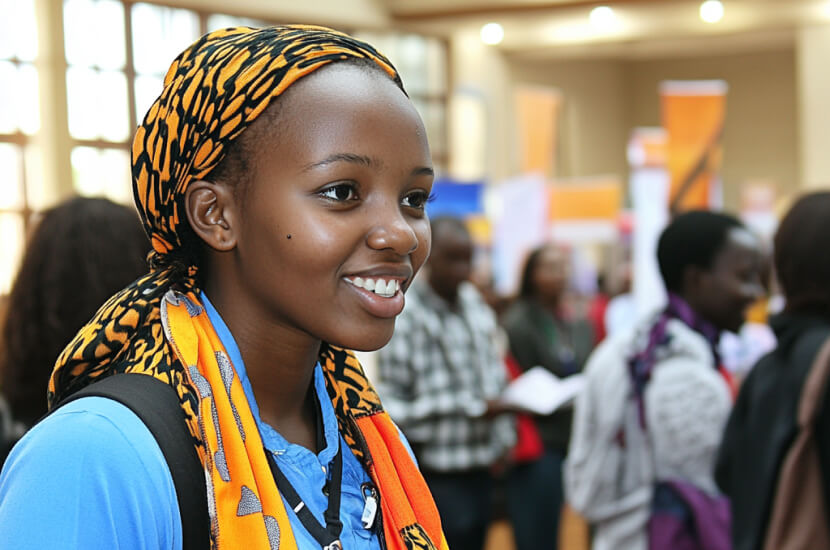How to get student loans as a Nigerian student
Most likely, your quest to finance your study abroad begins with a fundamental question: How to apply for student loans? Here’s a step-by-step guide to getting started:
- Research: Dive into research on options for student loans available for Nigerian students. Look into both local options provided by Nigerian banks and international lenders that offer private student loans to international students.
- Check your eligibility: Always review the eligibility criteria, which can vary widely from one lender to another. Some may require a cosigner, while others may offer no-cosigner student loans.
- Apply: The student loan application process can be intricate, especially with some lenders. Prepare all necessary documentation before applying, including admission letters, academic records and proof of financial need.
- Compare: Carefully compare interest rates, repayment terms and any potential fees associated with each loan option.


